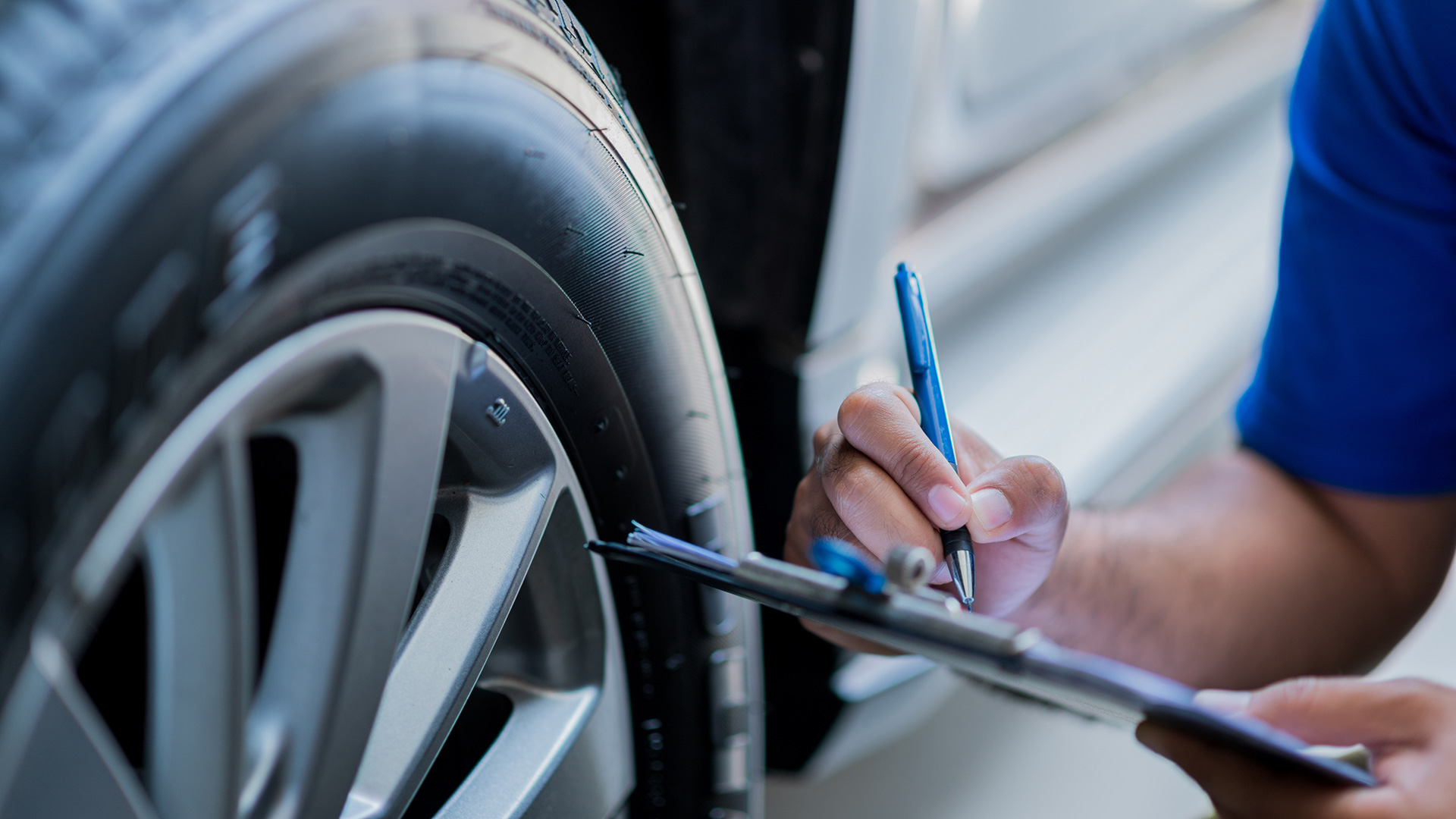When it comes to general maintenance for your vehicle, replacing your tires is one of the more costly items on the list. Depending on the size of the tire your vehicle needs, a full set can cost you over $1,000 or more. So before you spend that type of money on new tires, it’s worth understanding how tire warranties work.
If you’re purchasing a replacement tire for your vehicle, there’s a very good chance it will come with a manufacturers’ limited warranty. Race tires are typically the exception, although some manufacturers do offer a limited warranty. Regardless, a manufacturer’s limited warranty normally covers issues with the quality of materials or workmanship. That means most warranties don’t cover irregular wear, damage from accidents, or driving on a flat.
Things can get confusing because what’s covered under warranty varies from tire manufacturer to tire manufacturer. It’s always recommended to review the warranty information on the set of tires you’re purchasing. Generally however, tire warranties only cover defects from materials or workmanship.
How long do tire warranties last?
The duration of a tire warranty varies based on the manufacturer and possibly the model of the tire. But you should understand when that warranty period starts, which is typically the date of purchase. If you aren’t able to provide a proof of purchase or an invoice date for your tire, a manufacturer may set the start date as the week the tire was manufactured. So always keep your invoice when you purchase a new set of tires.
In addition, a tire warranty will expire when the tread is worn down to 2/32″ of remaining tread.
What about treadwear or mileage warranties?
When you’re shopping for tires, you may notice that many manufacturers may also advertise a mileage or treadwear warranty. This is typically done to inform consumers how long a tire could possibly last, depending on your driving conditions. As a result, you may not receive the warranted mileage due to variables like road conditions and driving conditions.
Generally the mileage warranty is similar to the manufacturer’s warranty, in that it’s limited in what it covers. In other words, just because a tire has a 36,000-mile warranty and you don’t get that longevity, the tire manufacturer won’t automatically replace your tire.
In addition, mileage or treadwear warranties can expire based on a period of time — typically anywhere from four to six years from date of purchase — regardless of whether you’ve driven the miles. It’s always important to read the fine print when it comes to mileage warranties for your tires.
If you have a claim on the mileage warranty, your tires must have been worn evenly and be down to the final 2/32″ of tread. You’ll have to prove that the tires were rotated based on manufacturer’s recommendations. If your claim is approved, tire manufacturers will normally give you a pro-rated refund for the difference in the miles.
As Consumer Reports cautions, you typically don’t want to drive until a tire is down to the final 2/32″ of tread. It’s particularly dangerous and waiting until then just so you can file a treadlife warranty claim isn’t worth the difference you’ll get back as a refund.
Manufacturer Road Hazard Warranty
Some tires may be covered by a manufacturer road hazard warranty, although it is rare. This type of warranty will cover the tire in the event of a cut, puncture, or anything else caused by a road hazard like a pothole.
Uniformity Warranty
This type of warranty covers excessive vibration or ride disturbance within the first year of ownership. This very rarely occurs, since you can typically notice it as soon as you drive off with your new tires — or the shop will after installing them. Since it is rare, manufacturers typically only approve one or two tires out of a set for a warranty claim. If two or more tires need to be covered under the uniformity warranty, you’ll likely need to get an authorization code from the manufacturer before the claim is approved.
